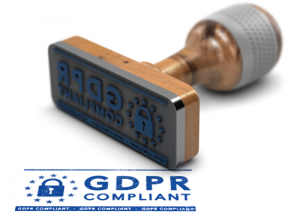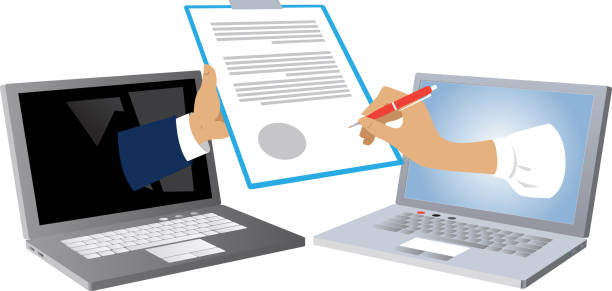
Electronic “E-Apostille” & E-Legalisation Services
Electronic Notarisation & E-Notarisation services
Notary Public.London offer a full range of ELECTRONIC NOTARISATION services also known as “remote notarisation” and “digital notarisation” as well as e-Apostille.
Please contact us for e-Apostille by email at e-apostille@notarypublic.london if you have an enquiry regarding any of the following:
- ADVANCED ELECTRONIC SIGNATURE (AES) by a Notary Public
- QUALIFIED ELECTRONIC SIGNATURE (QES) by a Notary Public
- Electronic Apostille also known as an ‘E-APOSTILLE’ – these are issued by the Legalisation Office of His Majesties Foreign, Commonwealth & Development Office (FCDO)
We are fully equipped to provide an online service for your documents to be electronically certified and electronically signed by a United Kingdom notary using either a Notary Public Advanced Electronic Signature (AES) or a Notary Public Qualified Electronic Signature (QES).
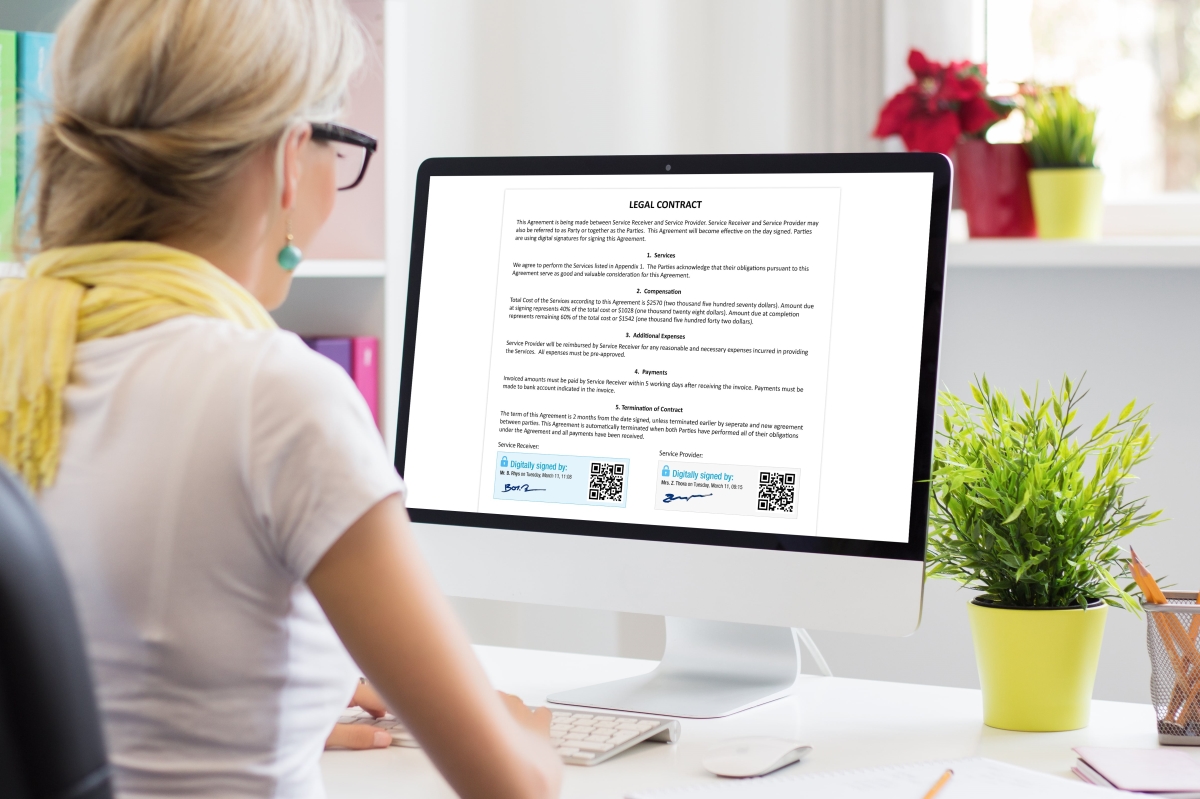

Documents we certify electronically satisfy the requirements of the FCDO Legalisation Office to receive an Electronic Apostille.
We supply the required protected form of digital notarisations for use overseas, through DocuSign, using the eIDAS Regulation standard digital notarisations.
Electronic notarisation is an alternative to the traditional form of paper attestation on physical paper documents that are provided by way of “wet-ink” signature.
DocuSign is our provider for protected digital signatures, as the forms offered by DocuSign generally comply with the regulatory standards, of any country in the world.
DocuSign have a protected and secure “eSignature Platform” that support all levels of digital signatures including the forms specifically required for E-Apostille being:
- Notary Public Advanced Electronic Signatures (AES)
- Notary Public Qualified Electronic Signatures (QES)
Once an electronic notary seal is added to a digital document, no party can amend or change the original digitally produced document. The digital document is protected and secure.
In this respect, an electronic notary seal and notary stamp, created using AES or QES, provides the same level of security as traditional paper form of notarised documents.
During the COVID-19 pandemic crisis, Remote Online Notarisation became more commonplace in the notary practice.

Post COVID-19, the Legalisation Office of His Majesties Foreign, Commonwealth & Development Office (FCDO) ensured that E-Apostille became available to consumers in the United Kingdom, for the very first time.
Following from this special forms of protected and secure digital signatures, made by the United Kingdom registered Notary Public, became permitted and available for the first time.
It is possible and permissible to E-Notarise and/or obtain an E-Apostille for many forms of documents but this is only provided the electronic form of the documentation is accepted by the overseas party. The types of documents may potentially include the following:
- Power of Attorney where the receiving jurisdiction or country specifically allows and permits electronic signing (not all countries will allow electronic signing)
- United Kingdom Companies House papers certified by a Notary Public
- HM Revenue and Customs papers certified by a Notary Public
- Medical certificates certified by a Notary Public
- Documents issued by a United Kingdom based Court or Tribunal certified by a Notary Public
- Contracts between different parties certified by a notary public
Please note, electronic forms of legal documents is still a developing area of the law and not all documents can be signed or certified electronically.
Points to consider before you contemplate E-Notary & E-Apostille services.
Please note in many cases electronic notarisation or e-notarisation will get rejected when your paper is submitted overseas e.g. the party you are submitting your digital papers may reject the electronic form and instead require a physical paper document.
Please note the following, before enquiring about our digital notarisations and E-Apostille services:
- Please check the electronic form of notarisation with a digital signature and the E-Apostille will be actually be accepted by the overseas recipient you will ultimately be submitting your digital papers
- It is much cheaper to establish with complete certainty whether or not the digital form of your papers will ultimately actually get accepted, before you embark on the electronic service.
- When making your checks, wherever possible, try and obtain written confirmation that electronic notarisation and E-Apostille will get accepted and that it is not a paper Apostille that is required.
- When making your enquiries the type of questions you ought to be asking are as follows:
- will digital documents with E-Apostille certificates be accepted and approved?
- whether or not a separate E-Apostille for each document is required? e.g. if you are legalising more than one document
- will documents electronically signed by a UK notary be accepted
- is the actual requirement for a physical paper document instead?
Please see our Terms and Conditions – we will not be issuing any refunds if ultimately a paper Apostille or paper notarisation with a wet ink signature is required and your digital notarisation is rejected.
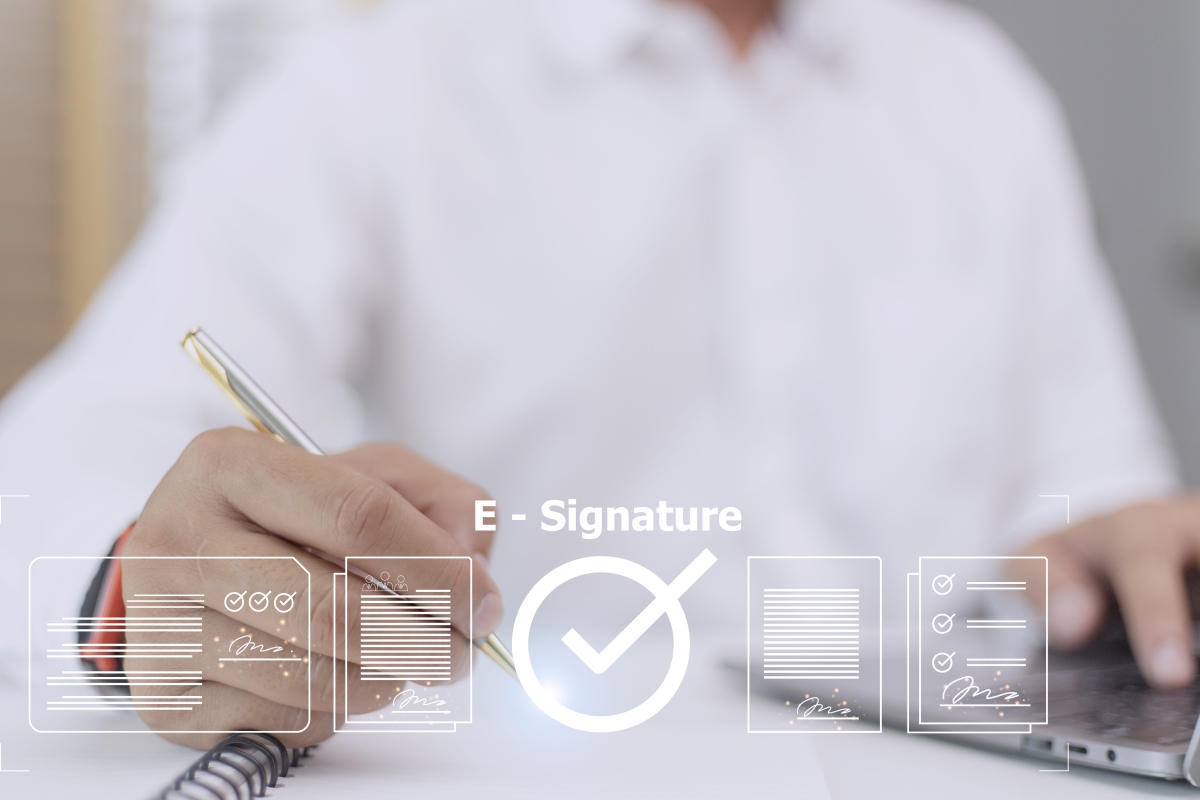
The obligation to check that the E-Notarisation and/or E-Apostille will get accepted overseas, rests entirely with the individual requesting the electronic notarisation service and not with the notary public.
Whilst we are likely to “informally discuss” this issue with you and warn you about this issue with you, our Retainer with you ultimately specifically excludes liability to advise if an electronic form of notarisation is acceptable.
We have no liability to offer advice or any liability to you, as to whether or not your papers will get accepted or rejected if they are notarised in a digital electronic form.
Document types not capable of receiving E-Apostille
The Legalisation Office of the FCDO specifically exclude the following forms of documents as being capable of receiving an E-Apostille and which instead can only be Apostilled in the paper form:
- General Register Office (GRO) documents, including United Kingdom Birth Certificates, Death Certificates, Marriage Certificates, Civil Partnership Certificates, Adoption Certificates
- ACRO police certificates
- Disclosure Barring Service (DBS) certificates
- Disclosure certificates for Scotland or Northern Ireland
- Fingerprint certificates
- Association of Chartered Certified Accountants (ACCA) membership certificates
For further help and assistance please contact e-apostille@notarypublic.london
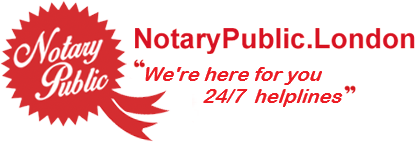






 Our Offices are located directly opposite the front of Charing Cross train station at:
Our Offices are located directly opposite the front of Charing Cross train station at:





